South Carolina
1,296,044
Acres Protected
That’s about 981,852 football fields!
Land trusts have already conserved 61 million acres of private land across the nation — more than all of the national parks combined. Help us conserve another 60 million acres by the end of the decade.
Together, let’s keep Gaining Ground.
Every land trust is as unique as the community it serves.
South Carolina land trusts are community-led and supported and protect lands and waters that help the entire state.
People
-
7,107
-
552
-
60
-
18
-
255
Land Trust Longevity
-
53 years old (1971)
-
22 years old (2002)
-
32 years old
South Carolina Land Trust Network
There has been a 75% increase in South Carolina land protected by land trusts since 2010.
Acre by acre, land trusts are helping to conserve South Carolina lands, waters and ways of life.
Disclaimer: Land trusts conserve land in many different ways and every project is unique. Category totals may change depending on how acres are reported by survey respondents to reflect the most current data and minimize double-counting. In some instances, the total may be greater than the sum of the separate categories due to organizations that provided total acres not broken down by category.
This information reflects data collected in the National Land Trust Census, the longest-running comprehensive survey of private land conservation in America. Learn more about the Census and see which land trusts participated in the 2020 National Land Trust Census.
South Carolina land trusts are gaining ground.
Land trusts across the state are helping find solutions to some of South Carolina's most pressing issues.
Land Trusts Working in South Carolina
Land Trust Alliance member land trusts, listed below, commit to adopting Land Trust Standards and Practices as their guiding principles.
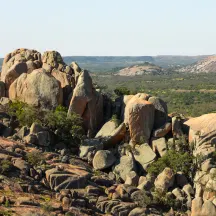
Access Fund

Aiken Land Conservancy
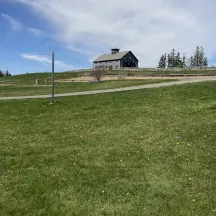
American Farmland Trust

Beaufort County Open Land Trust
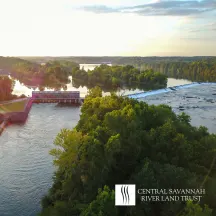
Central Savannah River Land Trust

Congaree Land Trust

Conserving Carolina
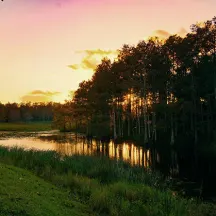
Ducks Unlimited, Inc.
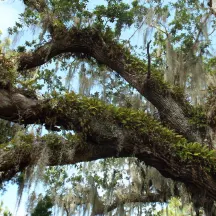
Edisto Island Open Land Trust
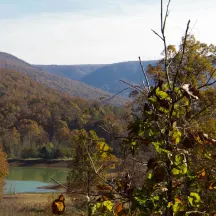
Georgia-Alabama Land Trust

Katawba Valley Land Trust
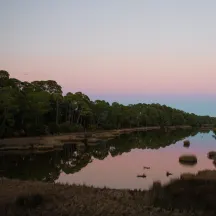
Kiawah Island Natural Habitat Conservancy

Lord Berkeley Conservation Trust
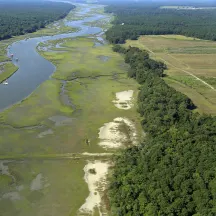
Lowcountry Land Trust
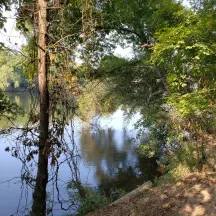
Nation Ford Land Trust
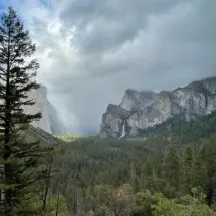
National Park Trust

Naturaland Trust
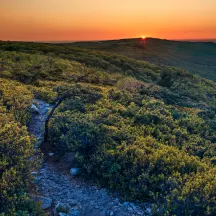
Open Space Institute Land Trust
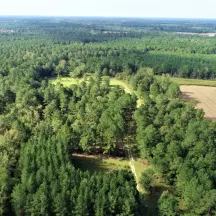
Pee Dee Land Trust

Seabrook Island Green Space Conservancy

Spartanburg Area Conservancy

The Conservation Fund
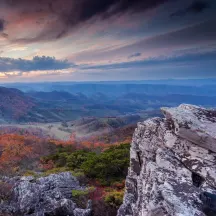
The Nature Conservancy

The Trust for Public Land, National Office

Unique Places To Save

Upper Savannah Land Trust
